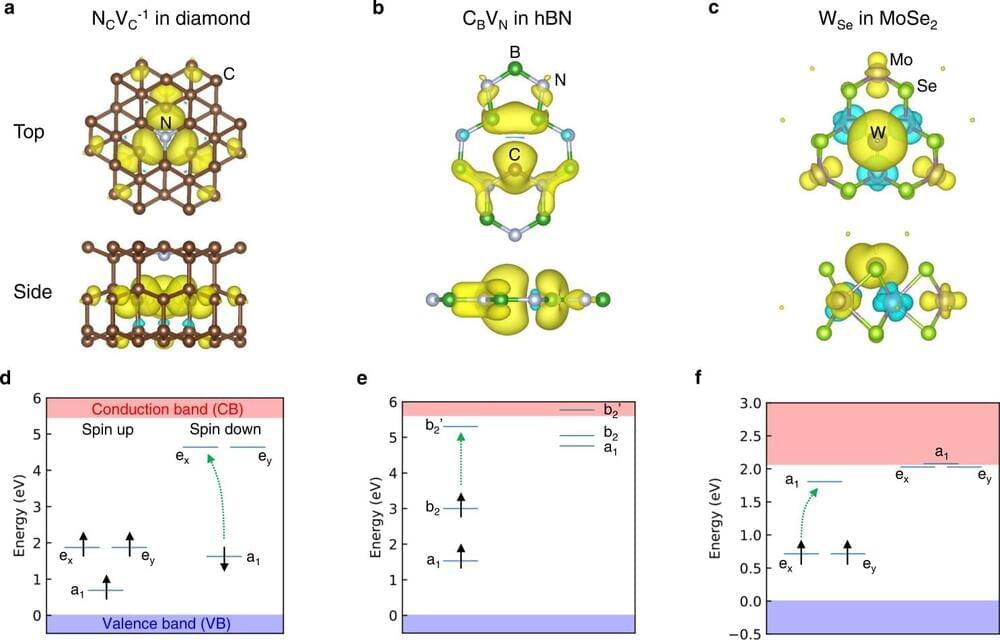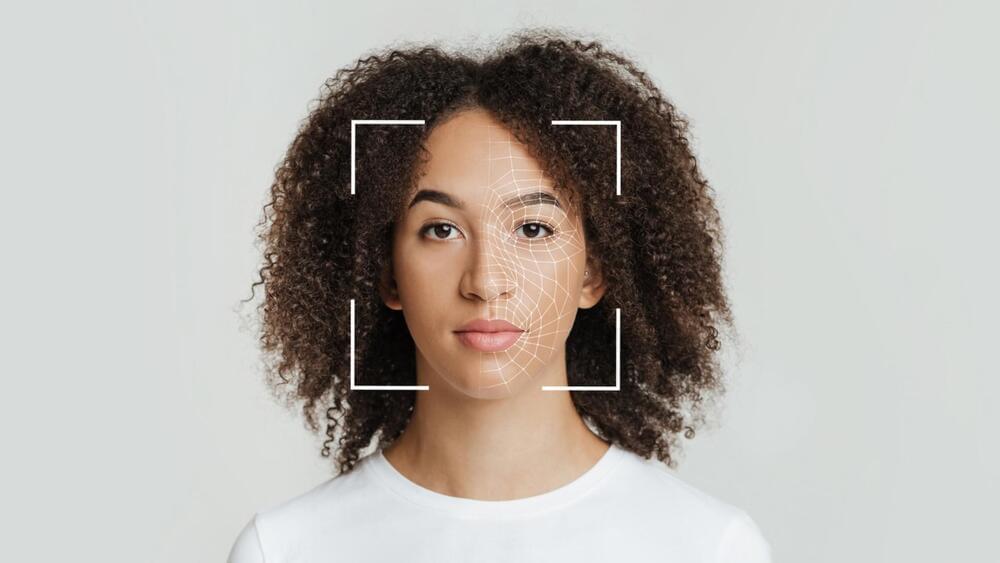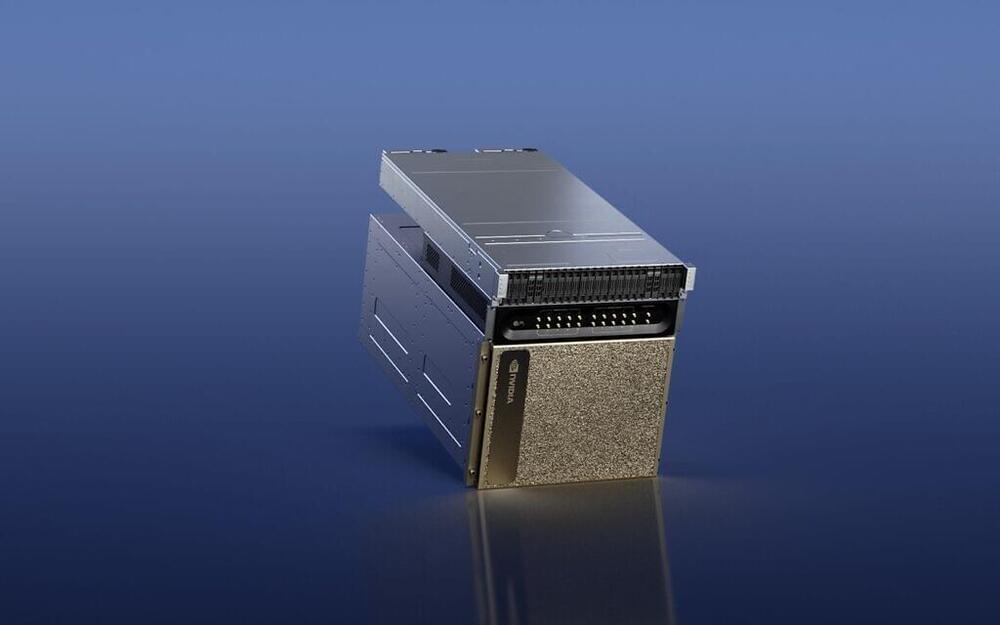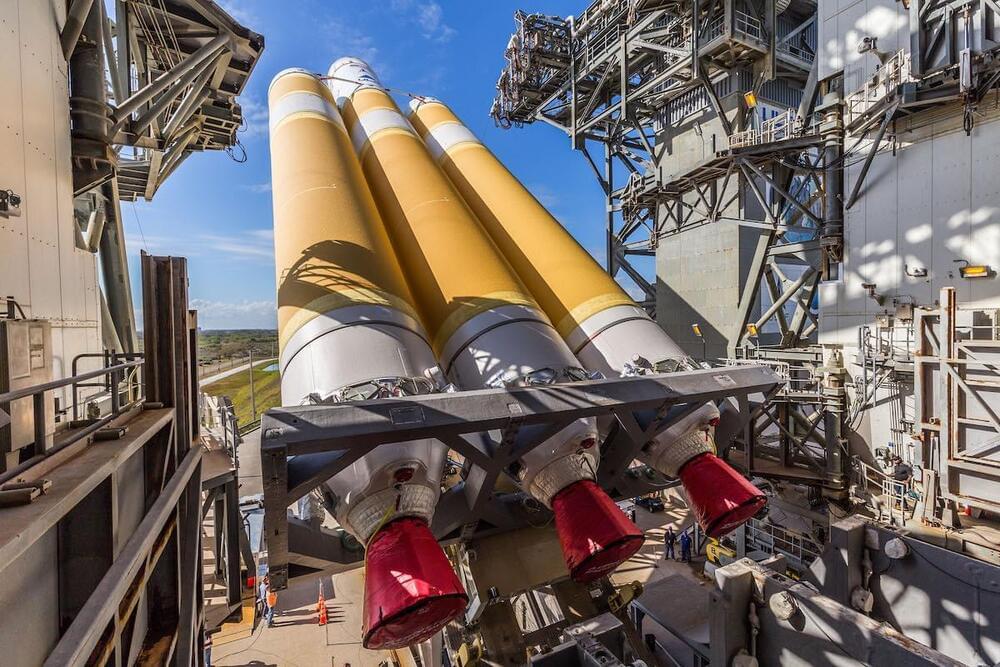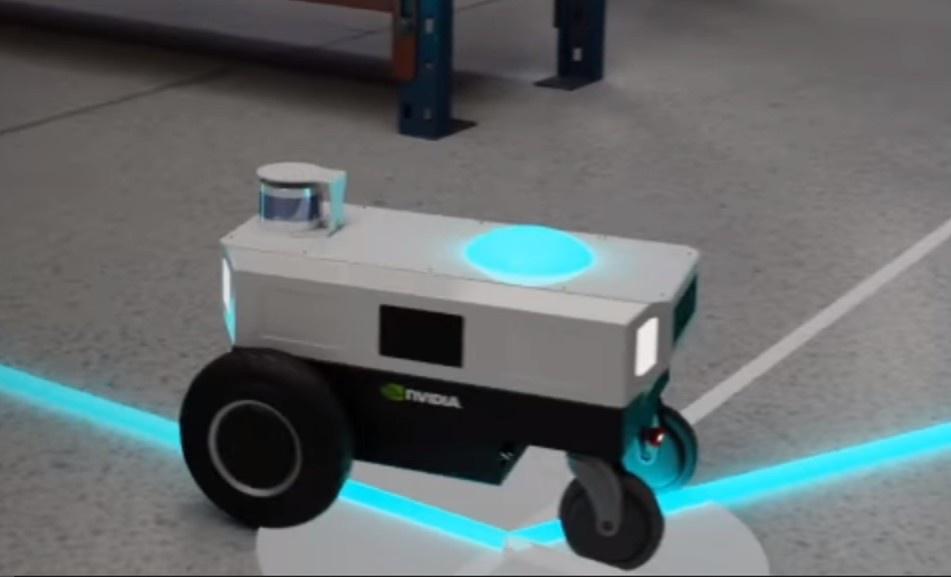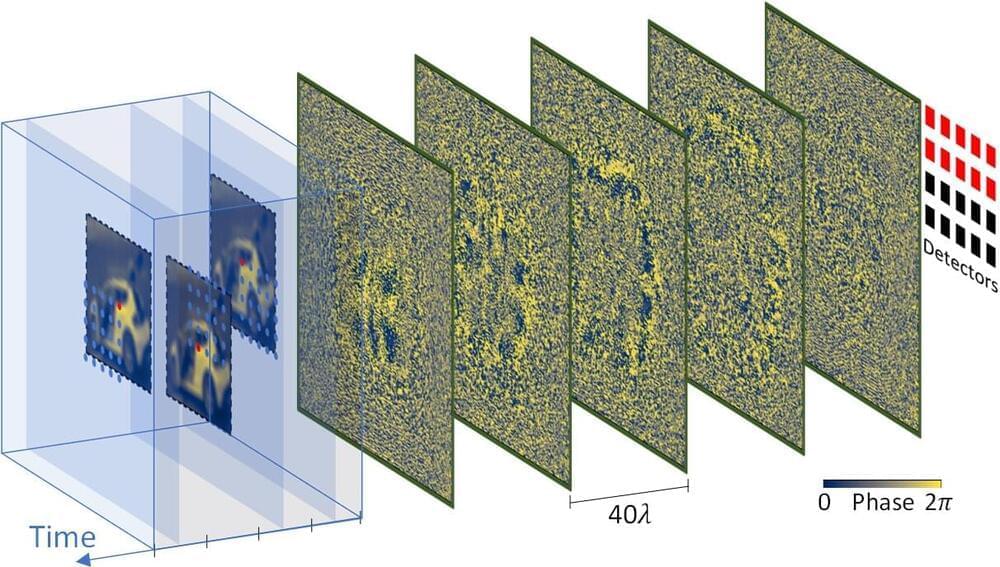It’s past time the world moves away from text-based passwords and verifications for mobile phones and starts embracing more secure image-based solutions, say computer scientists from the University of Surrey.
In a new study, Surrey scientists demonstrate an image-based authentication system called TIM (Transparent Image Moving) for mobile phones to help reduce the risk of shoulder surfing attacks. TIM requires users to select and move predefined images to a designated position for passing authentication checks, similar to those required for online shopping.
The proof-of-concept study found that 85% of TIM users believed it could help them to prevent password guessing and shoulder surfing attacks. The study also found that 71% of participants think TIM is a more usable image-based solution than others on the market. The research has been published in the Journal of Information Security and Applications.

